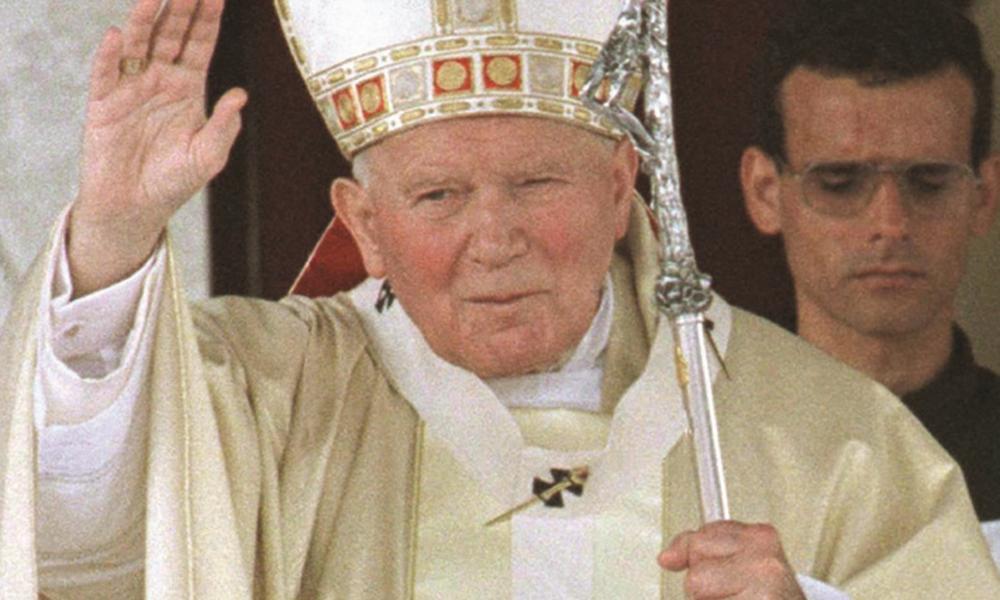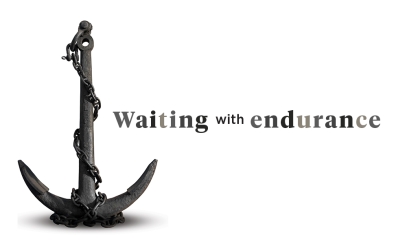
We must welcome the stranger
“The more prosperous nations are obliged, to the extent they are able, to welcome the foreigner in search of security and the means of livelihood which he cannot find in his country of origin.” So states the Catechism of the Catholic Church. (#2241)
St. John Paul, in his 1995 letter The Gospel of Life, touched on this issue, among many others:
- "We cannot but think of today’s tendency for people to refuse to accept responsibility for their brothers and sisters. Symptoms of this trend include the lack of solidarity towards society’s weakest members – such as the elderly, the infirm, immigrants, children – and the indifference frequently found in relations between the world’s peoples even when basic values such as survival, freedom and peace are involved." (#8)
Of course, we all know that Pope Francis has spoken often about migrants all around the world. His 2014 message for the World Day of Migrants and Refugees includes these beautiful words:
- "We ourselves need to see, and then to enable others to see, that migrants and refugees do not represent a problem to be solved, but they are brothers and sisters to be welcomed, respected, and loved. They are an occasion Providence gives us to help build a more just society, a more perfect democracy, a more unified country, a more fraternal works, and a more open and evangelical Christian community.”
These Church teachings all stem from Matthew 25 and the parable told by Jesus: “For I was … a stranger and you welcomed me.” If we did this to the least of Jesus’ brothers and sisters, we did it to him; if we did not, we similarly ignored Jesus.
Obviously, every nation has a right and, in fact, an obligation to regulate its borders and manage its immigration policies. However, a country which breaks up families, which deports non-criminals whose only violation was to be brought to the country as a child, which does not allow for persecuted refugees to find safe harbor, which does not bring workers out of shadows, is not conducting a rational immigration program. We are not being neighbor to those in need. I wish that we could revisit the 1930s and remove the very strict limits we placed on Jewish refugees fleeing Nazi Germany. We could have saved so many more lives. That stain on our history should not be repeated. Pray for and work for a more just and comprehensive immigration policy and system. And individually, let us open our hearts to the stranger in our midst.



